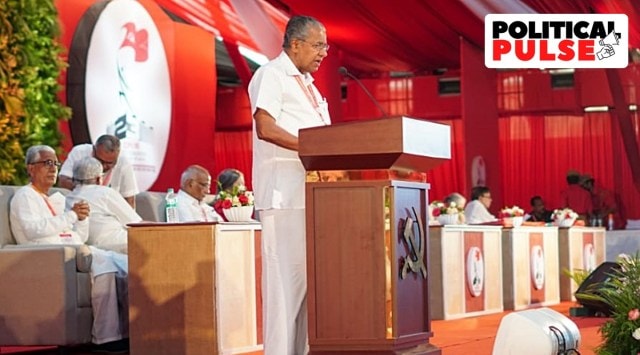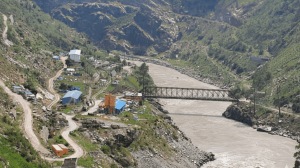The CPI(M)-affiliated CITU, which has been opposing the state government’s bid to introduce the 12-hour duty system, for a six-day work week, in place of the existing 8-hour work a day in the KSRTC, but it was forced, along with other trade unions, to agree to the proposal as the government made its implementation a condition for paying the employees’ outstanding salaries.

The non-payment of their salaries for the last two months had driven the KSRTC employees, numbering about 25,000, to the wall ahead of the Onam festival to be celebrated on September 8.
A day after Chief Minister Pinarayi Vijayan chaired a meeting of the KSRTC management and trade union leaders in order to resolve the salary crisis, the government on Tuesday issued an order for release of Rs 100 crore towards the PSU’s salary bill with the rest to be borne by the company. The order states that the government is releasing funds for the KSRTC employees’ salaries on the condition that a 12-hour single duty system would be implemented for the crew of the state bus fleet.
By introducing the new work regime, the Left government wants to press 1,300 buses, which have reportedly been idling in depots for want of crew, into service. The bus crew on 12-hour duty would be given over-time allowance for the extra four hours they are put on work. This would, the government believes, help the loss-making KSRTC, make more revenue by using the existing staff. At present, the KSRTC is able to operate only 3,750 buses daily on an average.
ExplainedPinarayi’s tough labour moves
The CPI(M)-led government's decision to introduce 12-hour duty for KSRTC has sparked a row with questions being raised over its labour rights commitment. The government has said the move is necessary to rescue the loss-making KSRTC. It is also in keeping with CM Vijayan's tough stance towards trade unions in a bid to streamline the PSUs’ functioning.
The Vijayan government’s move has drawn criticism from various quarters including the Opposition, which have called it a “dilution” of the communist party’s commitment to fight for the labour rights of the working-class people.
Regarding the duty hours, the CPI(M) has always taken a stand that all protective legislation for workers across the world ensure that a work day will consist of eight hours.
Story continues below this ad
When the BJP-led NDA government at the Centre had introduced new labour laws, the CPI(M) vehemently opposed it saying they would increase exploitation of workers. Referring to the transport sector vis-a-vis these laws, the party said that although the Motor Vehicle Workers Act 1961 has not stipulated this, the rules framed under it specify eight-hour work a day.
Kerala transport minister Antony Raju justified the new duty system for the bus crew, claiming that there is a provision in the law to deploy a worker for 12 hours. “Twelve-hour duty does not mean that a crew should run the bus for 12 hours at a stretch. He would be put behind the wheels only for eight hours,’’ he said.
Taking on the minister however, the Congress’s V D Satheesan, the Leader of the Opposition in the state Assembly, said that the 1961 act has stated that no worker shall be put on duty for more than eight hours.
“The new norm of 12-hour duty day is a clear example of the CPI(M)’s extreme deviation from the Left politics. How can a communist party go for this radical change which is totally against the interest of workers? The justification that workers would be put behind the wheels only for eight hours is illogical and absurd,” Satheesan said.
Story continues below this ad
The Congress-affiliated Transport Democratic Federation’s secretary and MLA, M Vincent, said they would not accept the 12-hour duty system, asserting that “it would be opposed politically as well as legally”.
The CITU affiliate KSRTC Employees Association, the largest trade union in the KSRTC, which had been up in arms against the 12-hour duty day, has now softened its stand, given that this decision was taken by CM Vijayan, who has been taking a tough stand against the trade unions in a bid to streamline the functioning of PSUs.
Apart from introducing the new duty system, the Vijayan government has also decided to cut down on the protection from transfer given to the KSRTC’s trade union leaders. So far, about 300 of the PSU’s trade union leaders used to enjoy this protection cover, which would be now brought down to the cases of only 50 such leaders.

































